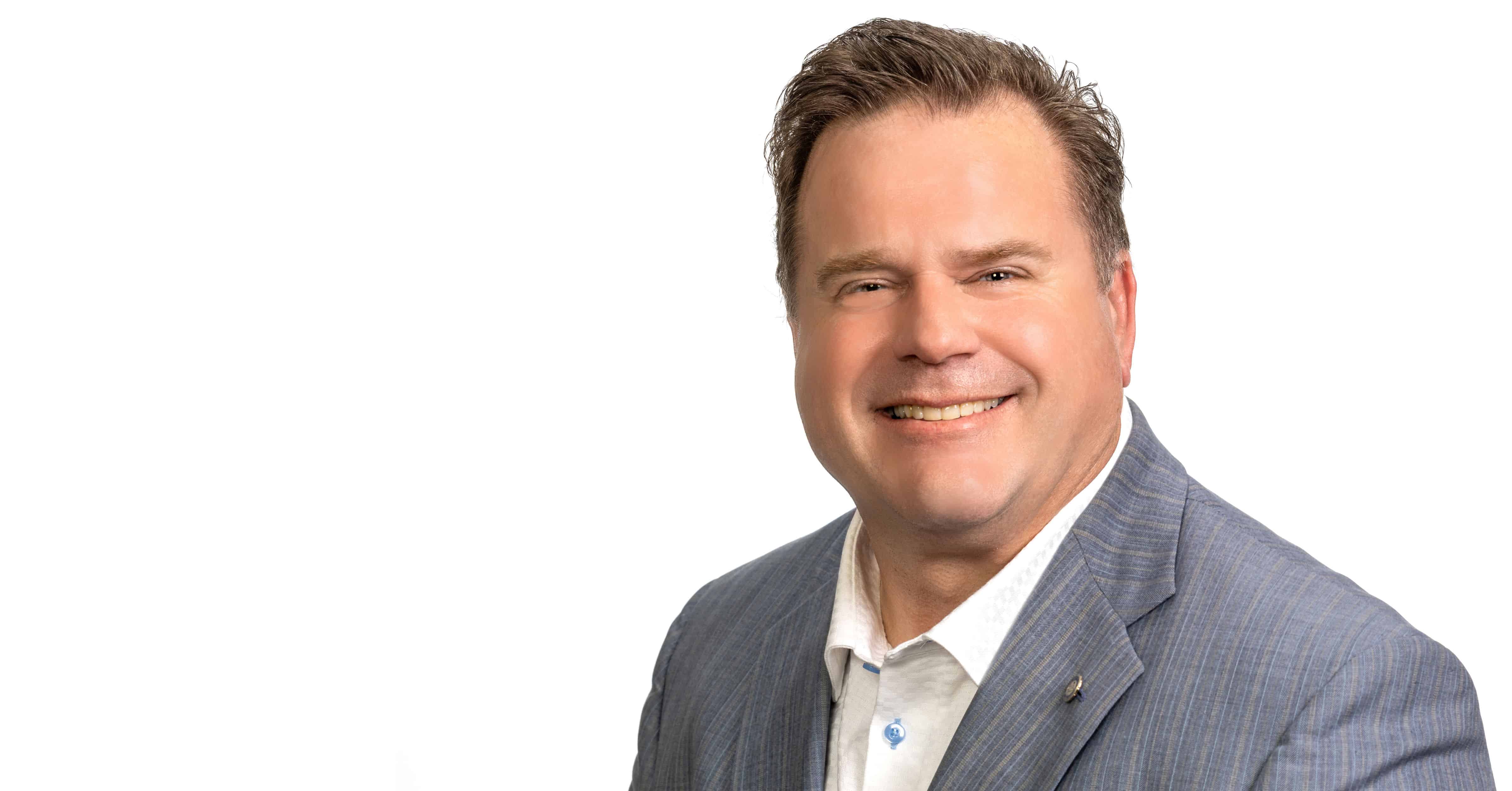Danger! Danger! Red flashing lights! Sirens breaking through the still night awakening you from a deep sleep! These are simple, yet effective, methods of alerting you to risks that arise in life. Don’t you wish investment risk were that simple to alert you when you are about to face an inanimate action that has the power to destroy your life savings?
We accept certain risks in life everyday. Once you leave the safety of your bed, you may be subject to risk. Let’s focus on one type of risk – financial risk. You can control the level of risk in your financial life by taking prudent steps to minimize risk when possible. For example, if you are 80 years of age, it may be too risky to invest in a new tech startup with 50% of your retirement portfolio. If you were 24 years of age, this may be viewed more as an opportunity.
As specialists in retirement planning, we believe it is critical to properly measure and mitigate risk when possible. Many of our clients come to us with portfolios that are highly illiquid or invested in a manner that is not in their best interest. When we ask questions pertaining to their acceptable level of risk, the client will generally be moderate or conservative in their approach to investing their hard-earned money.
However, after a careful analytical analysis of their portfolio we inform them of their current investment risk level and their eyes pop open like they are watching a scene from a horror movie. To mitigate the risk, we believe several factors must be considered in their portfolio design:
- Consider liquidity needs
- Research suitable and appropriate types of investment positions
- Determine the tax-effect of the proposed investments
- Properly diversify the portfolio to control the level of risk acceptable by the client.
Simply investing the portfolio in its initial allocation does not resolve the client’s risk issues. Proper monitoring of the performance and appropriate rebalancing of the asset allocation to its original target are critical to maintaining the client’s risk level in the portfolio. The financial planning required for an advisor to fully understand the client’s long- and short-term needs and goals entails significant education, experience and knowledge of the economy.
Certified Financial Planner practitioners are professionals that maintain one of the highest credentials as a witness to their competency and ethics. Don’t risk your lifetime savings to risk. What you don’t know could truly ruin your future. Ask for a second opinion regarding your retirement portfolio. Better to find out early if there is a problem in your future.
Diversification and asset allocation strategies do not assure profit or protect against loss. Past performance is no guarantee or future results. Investing involves risk. Depending on the types of investments, there may be varying degrees of risk. Investors should be prepared to bear loass, including total loss of principal






